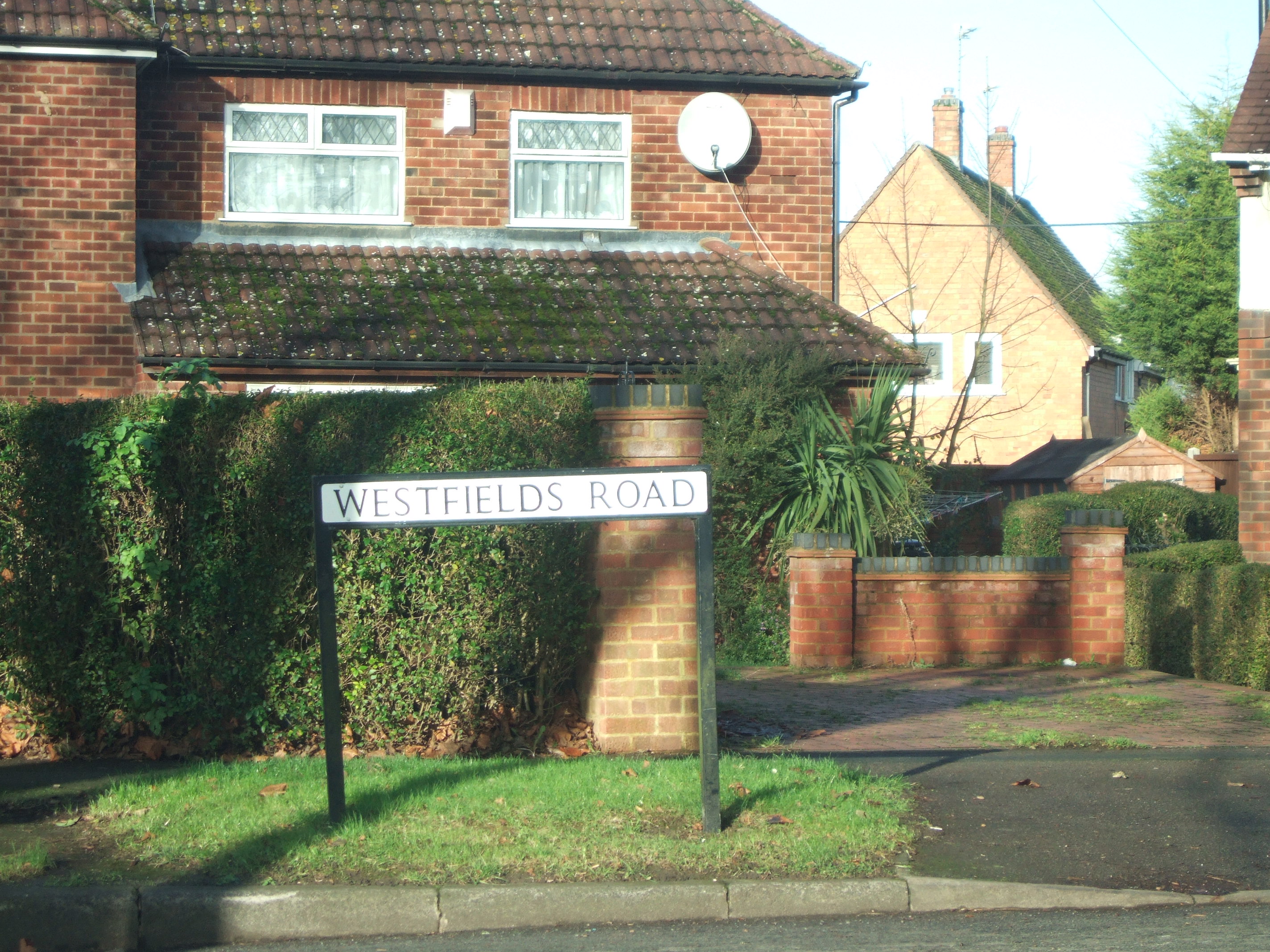
OK, not the nicest subject to have to chat about, but it’s worth knowing what happens and making sure, especially if kids are involved that they are being looked after as much as possible – whoever is at ‘fault’ for splitting up.
What to do with the property when it all goes wrong
Ideally, just from a cost and ease perspective, it’s worth hanging on in the home if you both can, particularly if there are children involved. Splitting up isn’t going to be easy, but if you can find a way to separate your lives enough while you find an amicable long term solution then that can make the split easier.
However, if the divorce or separation isn’t amicable, then it’s going to be tough for both of you to stay under the same roof while you sort everything out. In this case, both of you need to work out whether you want to stay in the marital home, again especially with children. It’s often assumed the kids will stay with mum, but this isn’t always the case and the more you can lessen the disruption to the kids, especially if they have exams at school or other important goals they are working towards, the better.
Bear in mind though that just because you move out, it doesn’t mean you can’t come back when you need, although it’s good to get some ground rules set, so you give notice of when you come back to the property etc. And if there is a mortgage to continue to pay which you are both still responsible for (depending on whose name is on the deeds) you will need to work out who is going to be paying what and make sure essential bills are still paid so debts and further problems don’t wrack up.
The Guardian has some good advice and information on the legals of property ownership when it comes to divorce.
Solicitors aren’t always necessary
Many people often rush to a solicitor and engage them to sort out the divorce as quickly as possible. The problem, however, is that this can cost thousands and if there are a lot of arguments to resolve – especially who the kids will live with – this can quickly increase to ten thousand pounds or more, especially with the 20% VAT added to legal bills.
The Telegraph ran a great article advising on likely fees involved.
As such, before rushing to a solicitor, especially if there is little to split between you, checkout alternatives such as mediation, you can find someone to chat with via the Family Mediation Council and they have a great guide on how to sort your finances which is completely free.
Even if you haven’t signed up to this service, in the early days, these organisations and people like Citizens Advice can be incredibly helpful to make sure you ‘do the right thing’ while also look after your own interests.
What are your property options when divorcing?
There are basically several options when getting divorced:-
You can stay in the property, especially with children, and if your partner agrees and it’s affordable they can move out and the mortgage / property remains your joint asset to be sold, say when the kids leave home. The problem with this deal is it can make it difficult for the person who moves out to buy another property for themselves as they may not be eligible for another mortgage.
You can buy out your spouse following either an agent’s or a RICS surveyor valuation. It’s important though to make sure there is no-one in the property when they go round as it makes it awkward, especially if the would be buyer wants to see a lower valuation! This will cost from a few hundred pounds. Read our 'How to choose a letting agent' checklist for more.
You can sell the property and split any equity equally, or as agreed between you either on the open market or via a reputable quick sale company
Another way of splitting assets is that sometimes people look to leave the property with the spouse, but retain their pension for later in life, it just depends on what you are both willing to agree and, despite the pain and hurt, try to remain fair.
For FREE, independent and up-to-date advice on buying, selling and renting a home, sign up for FREE at Property Checklists. Join now to access our FREE checklists, including:-